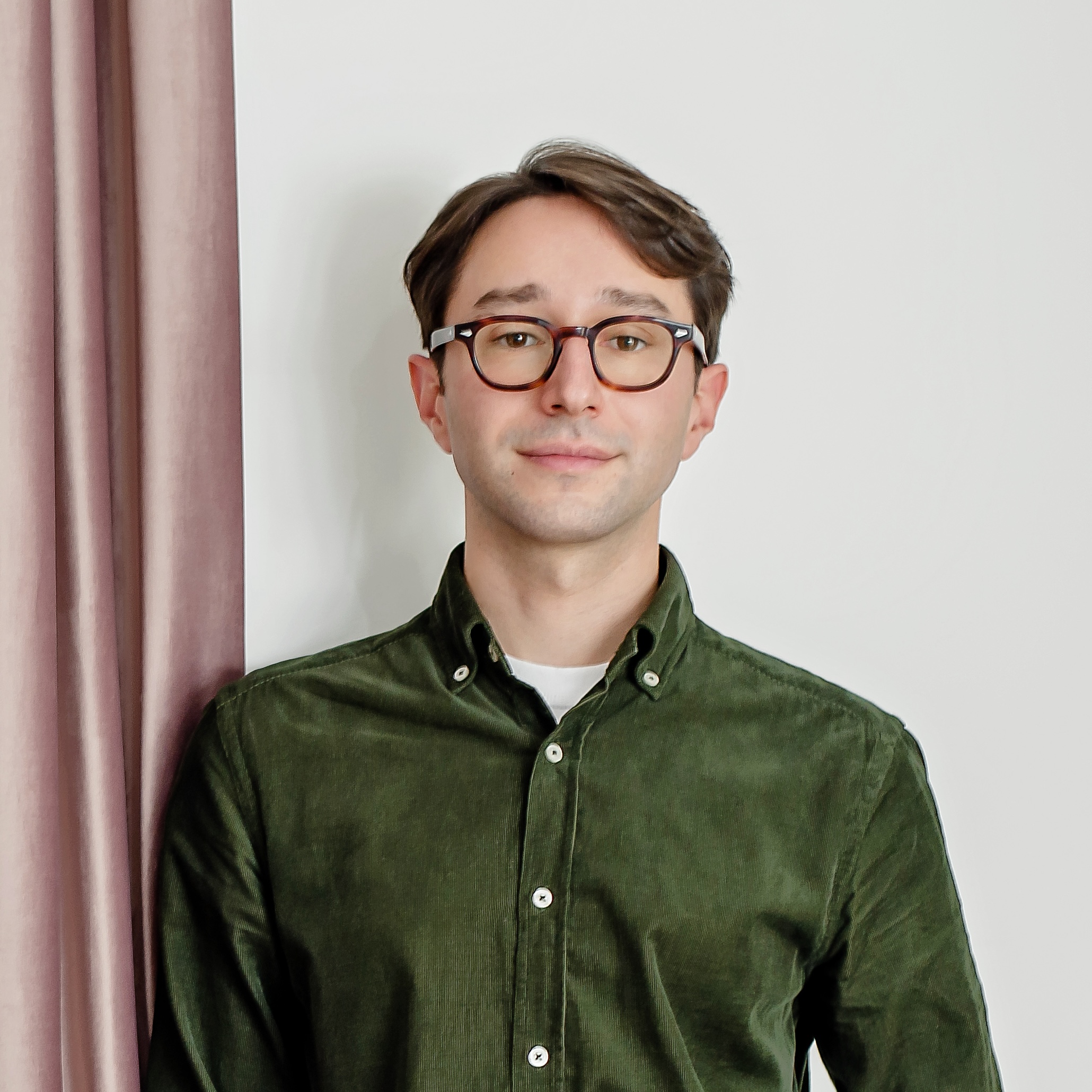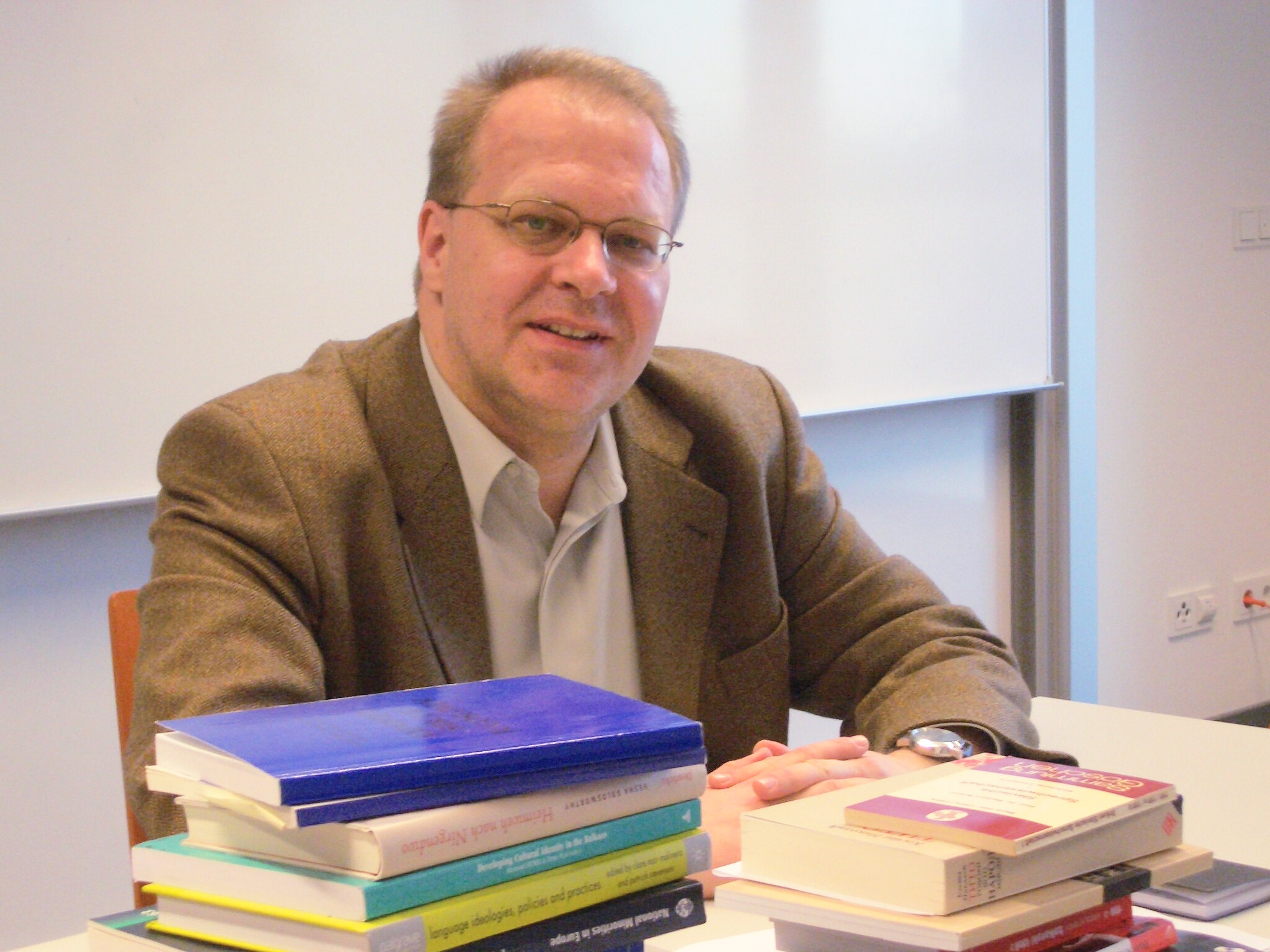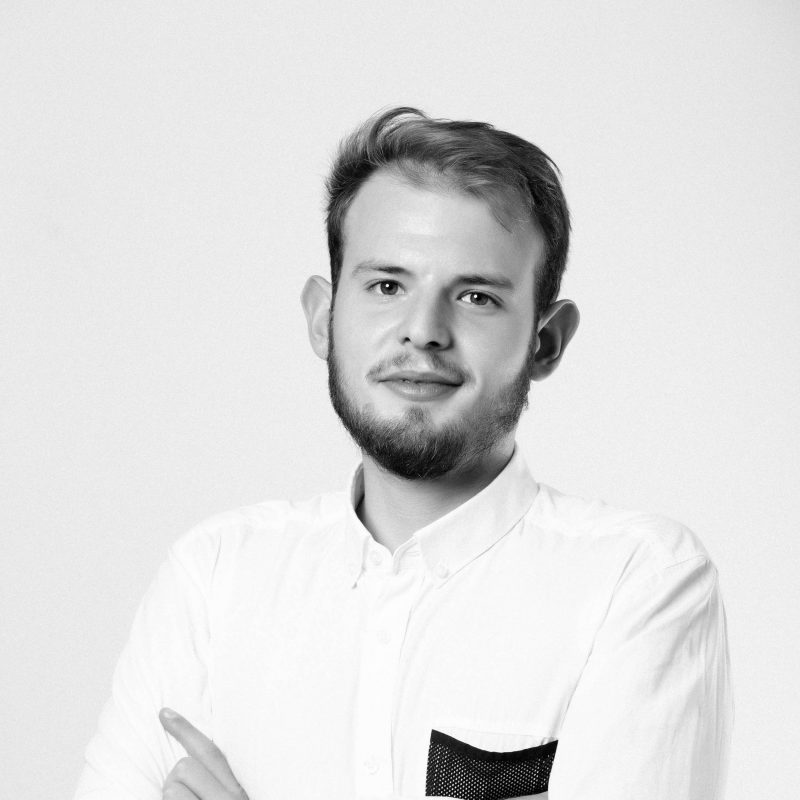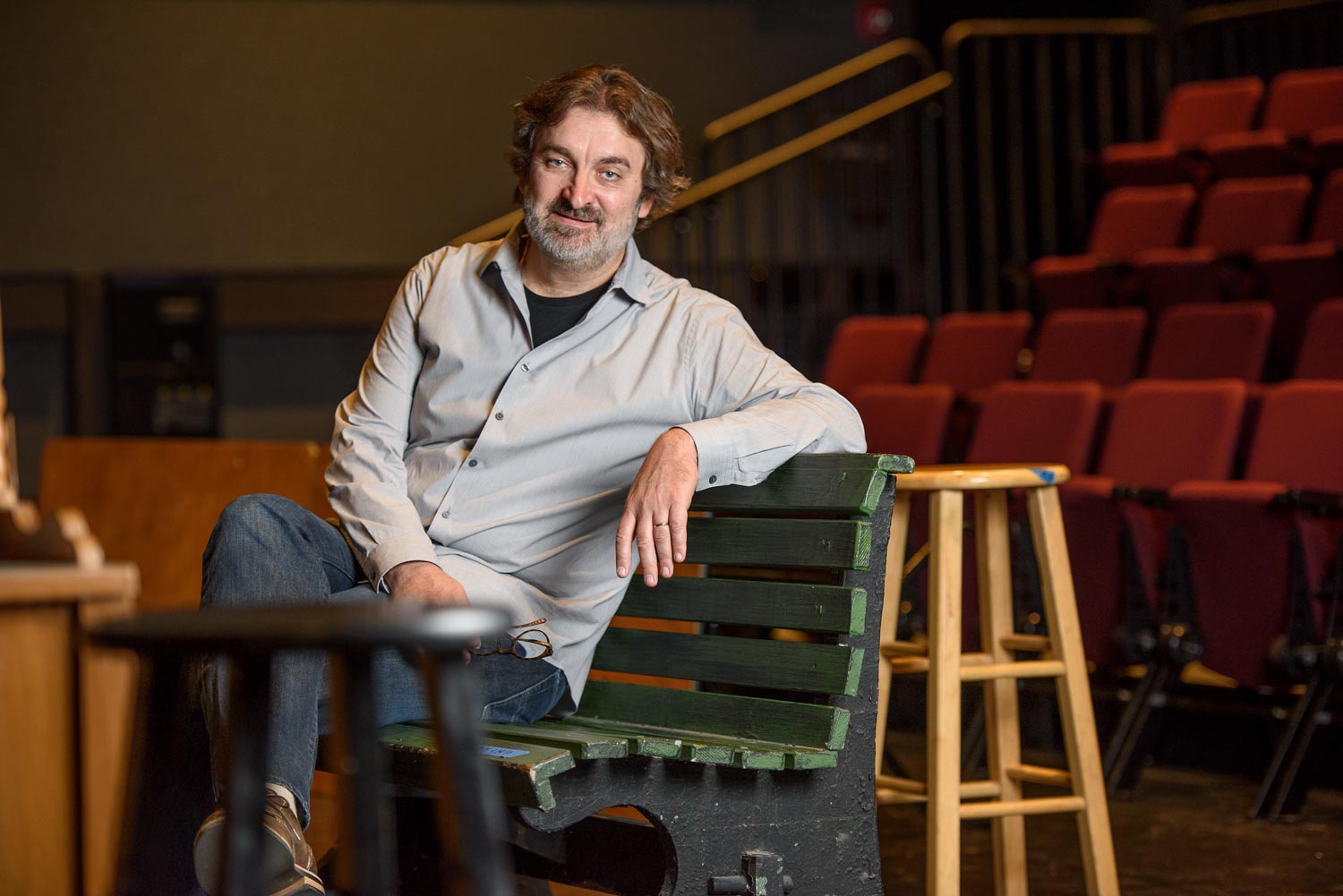On Thursday, November 3rd we hosted the CAS SEE Seminar with Dario Brentin. The topic was Performing the Sanctity: The Sacred and the Profane in Croatian National Football Culture, presented by our Fellow Nikolina Židek.
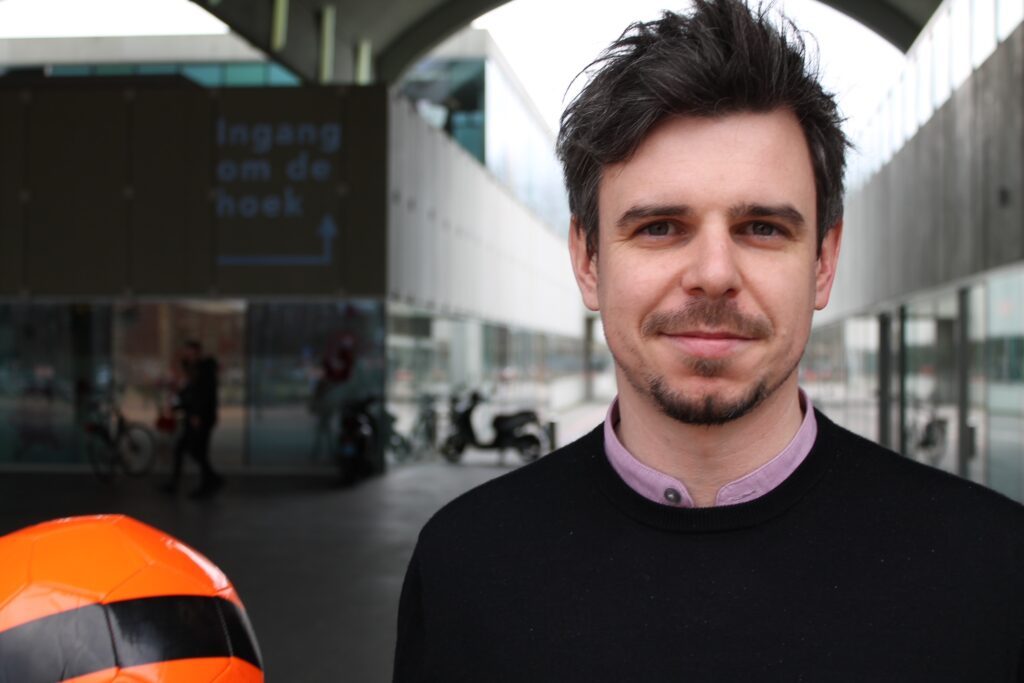
Dario Brentin
Currently working at the University of Applied Sciences Vienna in Austria. Prior to that, he was at the Centre for Southeast European Studies at the University of Graz working on the topic of sport and national identity in post-Yugoslav Croatia.
He obtained his Mag. Phil. in Political Science and Eastern European History at the University of Vienna. He has since been a Visiting Lecturer at CEU Budapest, the University of Copenhagen, and KU Leuven.
About the Seminar
Sport, including its interpretations, images, metaphors, and actual events, proved to be a highly politicized form of national expression for Croatia after the Yugoslav dissolution and during its formative years. Brentin argues that Croatian sport, particularly football, has remained a unique source of social knowledge contributing significantly to what is debated, contested, and established as a cornerstone of Croatianness. Modern sport has become one of the major rituals of popular culture.
Brentin introduces his study of the Croatian national football team as a rich cultural practice, as well as a social field from a (neo-)Durkheimian perspective. Moreover, he argues that sport has assumed the role of a “sacred center” in Croatian society. The Tuđman regime characterized the formative years of Croatian independence with its perpetual political utilization. Political elites were aware of the potential homogenizing effect sports can have on society. Particularly in times of crisis, war, or statehood contestation. This has subsequently established the sport as a cornerstone of Croatian national identity. It is a practice through which one can portray, express, and perceive Croatianness. Exploring the idea of Croatia’s national football team as the country’s “most holy” institution, Brentin aims to elaborate on the intricate relationship between sport, religion, and national identity.
Following critical ritual scholars, Brentin elaborates on how sporting rituals constructed power and authority. He also argues that the national football team represents one of Croatia’s “sacred centers of society”. We identify these central value systems as sacred for what they represent. They act as domains where we discuss and establish core values and beliefs of a society. This seminar shows how deeply embedded narratives of the national football team are in the quest for authenticity, sacredness, and profaneness in Croatian society.
Watch the Full Seminar
Fellowships
Fellowships are enabled by the ERSTE Foundation and Rockefeller Brothers Fund in the framework of supporting brain circulation for democratic development in Southeast Europe.
UNIRI The Moise Palace: Cres Island
An education center of the University of Rijeka. A five-hundred-year-old patrician townhouse and the largest Renaissance palace on the Croatian islands. A venue and forum for various scientific and research activities, it welcomes visiting academics, students and scholars.

